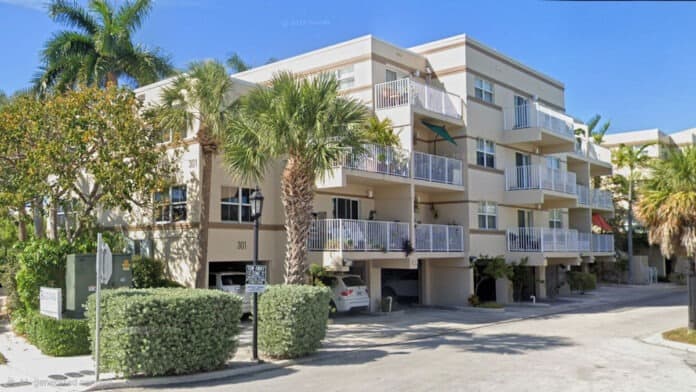Developer Repurchases Put Owner Occupancy at Risk in Key West
On November 14 the developer of the Railway Condominiums in Key West exercised a contractual right of first refusal to repurchase units and convert them to rentals, prompting concern from residents and local leaders. The move threatens a two decade old owner occupancy model and has prompted scrutiny from city commissioners because similar contract terms could affect new workforce housing projects.

The developer of the Railway Condominiums exercised a contractual right of first refusal on November 14 to buy back units in the long standing affordable homeownership complex in Key West and convert them into rental units. Built in 2007 as workforce housing intended for owner occupancy, the Railway Condominiums have for years been presented as a model for community based homeownership for local workers. Residents and neighborhood advocates say the developer action undermines that model and the community character the project was meant to create.
Residents sent a letter in September expressing disappointment and urging the developer to stop buying units for rental conversion. The developer has responded by saying it intends for current renters to eventually buy units and that the company has the legal right to rent units it owns. City commissioners and local leaders are watching the situation closely because the same contractual language appears in other agreements, including those governing the new Lofts at Bahama Village and future workforce housing projects.
The immediate impact is likely to be felt among working families who rely on limited pathways to homeownership in Monroe County. Owner occupancy protections in resale agreements and deed restrictions were designed to keep a portion of the housing stock stable and affordable for local employees. Converting owner occupied units to rentals shrinks the pool of homes available for purchase by residents who work in the community and can alter neighborhood stability and demographic patterns over time.
The episode raises questions about contract drafting oversight and municipal enforcement of affordable housing agreements. Policy choices made during the negotiation of development agreements determine whether developers retain options that effectively allow them to reconvert owner occupied stock into market rentals. For city commissioners and housing officials that oversight and the monitoring of compliance are now central concerns, because similar contractual terms can undo affordability and ownership goals long after an initial construction subsidy or agreement period ends.
Institutional responses could include tightening future contract language, adding explicit owner occupancy enforcement mechanisms, imposing stronger deed restrictions, and creating clearer compliance reporting requirements. Any changes will confront political and legal realities, including property rights and contract law, and will require coordination among elected officials, city staff, and stakeholders.
For Monroe County voters and residents the incident underscores the importance of civic engagement in planning and housing governance. Decisions made in commission chambers and during contract negotiations have tangible effects on who can live and build roots in Key West. As commissioners review the implications, community members can expect debate about how to balance developer rights with long term workforce housing objectives and how to ensure that promises of owner occupied housing translate into lasting opportunity.


